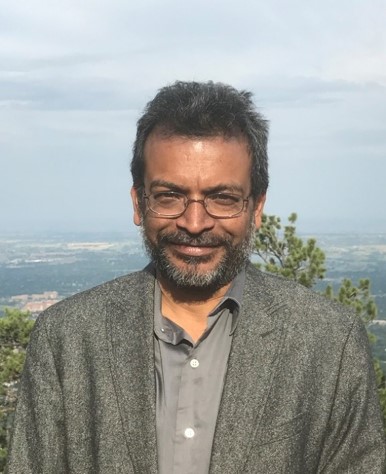
Institutions as Boundary Objects in Models of Coupled Natural Human Systems
Speaker: Dr. Arun Agrawal
Professor, School of Natural Resources & Environment, University of Michigan
Monday, 11 March 2019
2:00-3:30 PM
Reitz Union 2365
University of Florida
This research talk assesses how institutions work as boundary objects in models of coupled natural-human systems (CNHS). Focus on the roles and form in which institutions appear in CNHS models, the talk will focus on how on the one hand institutions stabilize expectations, intentions, behaviors, and actions; and on the other serve to transmit changes in CNHS through demographic, market, technological, or self-organized pressures. Understanding how and when these dual roles of institutions unfold can help scholars of CNHS incorporate institutions more effectively and with greater causal precision in their models.
Arun Agrawal, PhD, emphasizes the politics of international development, institutional change, and environmental conservation in his research and teaching. He has written critically on indigenous knowledge, community-based conservation, common property, population resources, and environmental identities. Agrawal is the coordinator for the International Forestry Resources and Institutions network and is currently carrying out research in central and east Africa as well as South Asia. Since 2013, Agrawal has served as the editor-in-chief of World Development and his recent work has appeared in Science, PNAS, Conservation Biology, Development and Change, among other journals. Agrawal was educated at Duke University, the Indian Institute of Management, and Delhi University and has held academic positions at Yale, Florida, McGill, Berkeley, and Harvard.
All are welcome to attend. REFRESHMENTS SERVED.